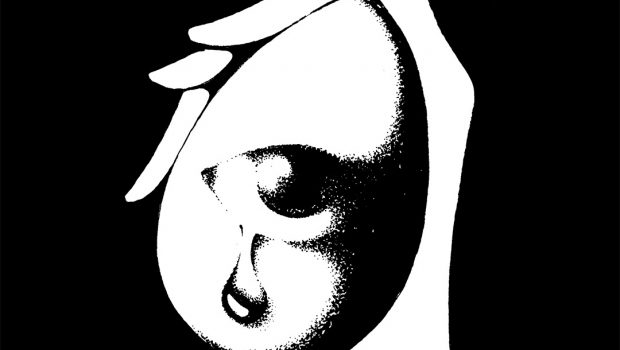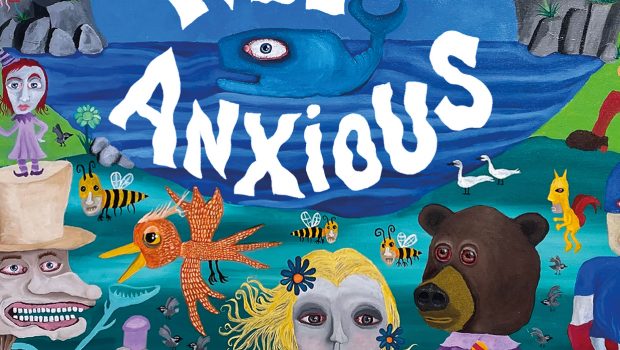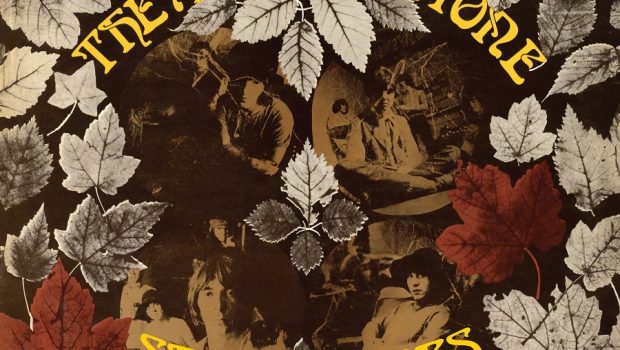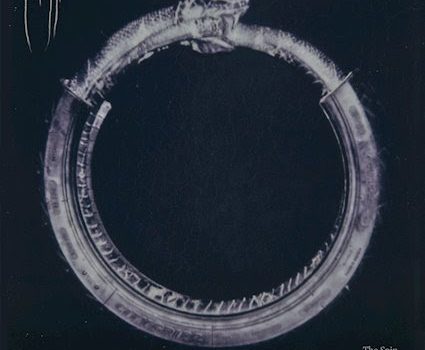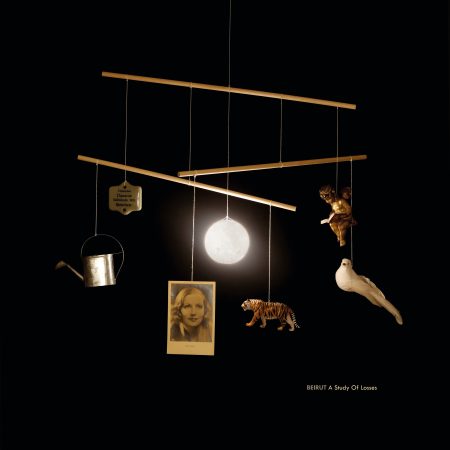 There has always been a pleasingly international aspect to Zac Condon’s musical output as Beirut, even down to the recording name he chose. The Balkan tinged 2005 debut, ‘Gulag Orkestar’, began a journey that wandered off into French chanson for ‘The Flying Club Cup’ (2007) and onto the Mexican flavoured ‘March of the Zapotec / Holland’ EP (2009). More recently, 2023’s ‘Hadsel’ was named for a northern Norwegian island and was centred around the towering, antique church organ he discovered while staying there. In an era of increasing nationalism and isolationism, Condon’s approach feels more directly political in its willingness to pick musical delights from around the world and add his own distinct stamp to it. Whatever multinational output he brings to his latest project, there is always a recognisable Beirut quality stemming from his voice with its tone sounding like a melancholic chorister.
There has always been a pleasingly international aspect to Zac Condon’s musical output as Beirut, even down to the recording name he chose. The Balkan tinged 2005 debut, ‘Gulag Orkestar’, began a journey that wandered off into French chanson for ‘The Flying Club Cup’ (2007) and onto the Mexican flavoured ‘March of the Zapotec / Holland’ EP (2009). More recently, 2023’s ‘Hadsel’ was named for a northern Norwegian island and was centred around the towering, antique church organ he discovered while staying there. In an era of increasing nationalism and isolationism, Condon’s approach feels more directly political in its willingness to pick musical delights from around the world and add his own distinct stamp to it. Whatever multinational output he brings to his latest project, there is always a recognisable Beirut quality stemming from his voice with its tone sounding like a melancholic chorister.
His new album, ‘A Study of Losses’ evolved from a commission by Swedish circus company, Kompani Giraff, for an acrobatic stage show. It is a loose adaptation of German author Judith Schalansky’s novel, ‘Verzeichnis einiger Verluste’. Tracks are named after the lunar seas and inspired by the tale of a man obsessed with chronicling all of humanity’s lost thoughts and creations. During the course of the album, Condon is able to explore notions of preservation and impermanence via extinct animal species and lost treasures, fitting it with a title that sounds like it belongs to an evolutionary biologist’s pamphlet. Musically, his stated influence for this album is Magnetic Fields’ ’69 Love Songs’, creating arrangements that suggest the quality of having been written 100 years ago yet remaining timeless. In effect, he has set himself an impossible challenge as by his own admission, he is not a lyricist of Stephin Merritt’s quality (very few are) and ’69 Love Songs’ can lay claim to being if not the greatest album of all time, then probably the best triple album and definitely the pinnacle for a 69-song collection thematically linked by the subject of love.
The album contains seven instrumentals, beginning with one of those ‘Disappearances and Losses’, an atmospheric set of electronic drones which primarily serves to build anticipation. However, the other instrumentals could not be dismissed as appetisers. The string quartet arrangement of ‘Oceanus Procellarum’ has great emotional resonance. ‘Mare Crisium’ could be presented at renaissance era court and is particularly spectacular. The interplay between ukelele and the string quartet of Laura Lutzke, Ben Russell, Kyle Miller and Clarice Jensen gives ‘Mare Serenitatis’ a medieval quality. Technically, ‘Mare Humorum’ is not a pure instrumental as it does contain a wordless vocal melody that combines exquisitely with the sweeping strings.
‘Forest Encyclopedia’, the first track with vocals, sets a high standard with its pattering percussion, plucked flowering instrumentation and a swooning vocal narrated by a presumably posthumous character happy to hide in the leaves. ‘Villa Sacchetti’ sees Condon in Rome and accompanied by ukelele, one of the instruments with which he is most frequently associated and whose reputation he helps restore. ‘Garbo’s Face’ is a title that could easily have appeared on ’69 Love Songs’ and in its vision of greying hair, fading colour, the accumulation of time around the eyes and forgotten dreams is a sympathetic portrayal of aging.
Merritt would be proud of ‘Tuanaki Atoll’’s arrangement distinguished by one of Condon’s other signature sounds, the romantic peel of a trumpet snuggling up to a breezy ukulele. The title refers to a reputed Eden-like island paradise in the South Pacific that disappeared during an earthquake in the 1840s. Its inhabitants were considered to be so peaceful that words for murder or war did not exist in their language.
‘Guericke’s Unicorn’ is an outlier, its modular synth representing a break from the otherwise baroque stylings. However, its vocal melody is gorgeous while the title references the supposed reconstruction of a fossil unicorn from the bones of various animals including the woolly mammoth and a narwhal. Understandably, there is the reflection, “how could this thing / make any sense?” The modular synth returns later on ‘Ghost Train’ which operates on the cusp between incredible bleakness and dark optimism (“in time you’ll see / when you die you’re free.”)
There are moments on ‘A Study of Losses’ that can appear slow and desolate, especially the pump organ backed ‘Sappho’s Poems’ and its reference to “your eyes are razor blades.” The influence of choral music is apparent in the sorrowful piano and accordion arrangement of ‘Caspian Tiger’, the song’s story based around images of the animals caged or fighting in Roman colosseums having been transported from the Caspian Sea and as far east as Tashkent. The horror is encapsulated in the reference to “this hellish ring.”
A lo-fi keyboard takes ‘Mani’s 7 Books’ on its journey while the cascading trumpet lifts the tune. There is a sense of exhaustion to the ukelele led ‘The Moonwalker’ with its “I’m nearly over / and I’m nearly there” refrain, while the introduction of accordion and trumpet creates the vision of an open-air funeral procession. The album ends with the subdued and wistful, ‘Mare Tranquillitatis’. Its arrangement is especially lovely and has a peace to its instructions to “wait out your trouble” and references to being a sea of tranquillity.
While it would be fascinating to see the circus production, ‘A Study of Losses’ works as a collection of music separated from its visual accompaniment. As ever with Beirut, the arrangements are sublime and rich with emotion. There is a great variety to the styles but they cohere into a fulfilling whole. Although inevitably it cannot match the sublime heights of ’69 Love Songs’, it is still an emphatic victory.
Beirut: A Study of Losses – Out 18 April 2025 (Pompeii Records)






